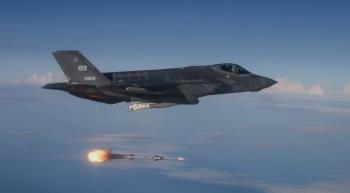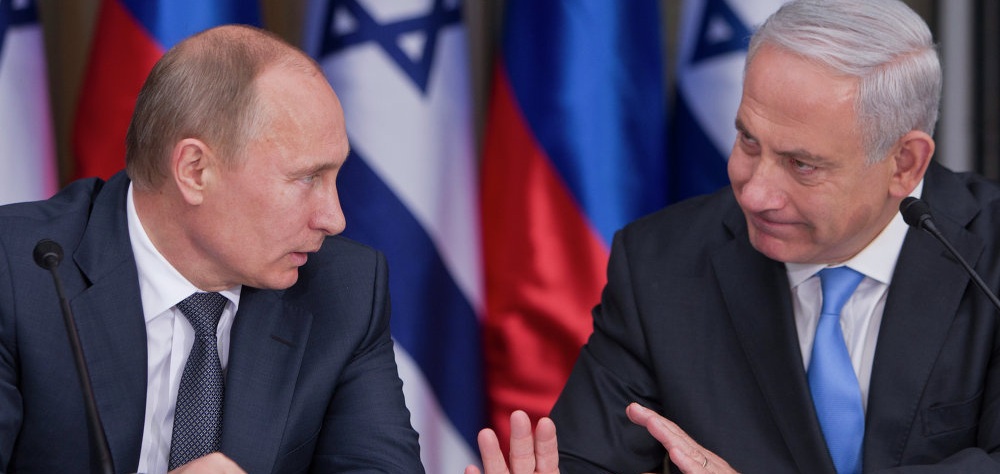Alwaght- The Israeli army’s foreign relations office calls its policies to expand military cooperation with the African states as military diplomacy. What is military diplomacy and how does the Israeli regime use this kind of diplomacy to expand its foreign interests? What are the challenges ahead of this diplomacy in the middle of the current regional and international conditions?
What is military diplomacy?
In today’s highly complicated global security environment, there is an increasing need for military diplomacy. Military diplomacy is a collection of non-violent military activities of the foreign policy or a state’s plan to secure itself or reach bilateral security with another state. But in a more precise sense, military diplomacy is set of activities mainly done by a country’s military and defense leaders with the main aim of securing military and security interests using diplomatic tools.
In fact, the military diplomacy is a kind of cooperation and use of armed forces and their infrastructure as foreign policy tools to provide security, with the funding being provided by the defense ministry or the country’s army for an array of non-military activities. With this in mind, it does a couple of jobs:
1. Collecting and analyzing data about the partner country’s security conditions and armed forces’ status.
2. Boosting bilateral contacts and cooperation with armed forces of the partner state.
3. Supporting and enhancing military and weapons contracts and equipment
4. Representing a state and its armed forces in the official military ceremonies
5. Training the partner country’s armed forces and active participation in military drills
In addition to the above-mentioned activities, military diplomacy helps settle military conflicts or post-war disputes. One reason behind the weakness of this diplomacy worldwide is concerns about the possible revelation of the states’ sensitive security and military information. Examples are the diplomatic negotiations in Vienna Congress in the 1800s, Paris Peace Conference of 1919, Chinese help in the search for the missing Malaysian plane in 2014, or the Indonesia-Austria military cooperation after East Timor independence 2002.
Military diplomacy can be official and unofficial. In its official form, the military officers travel abroad with an official visa for various missions and have rights similar to the other diplomatic staff.
Israeli military diplomacy
While Israeli diplomacy and the foreign ministry’s position has been collapsing on the global stage, its military diplomacy has been struggling to press ahead. The secret coordination meetings with Russia, phone contacts with Americans, joint military exercises with Greece, and military ties with over 30 countries are examples.
For the military coordination with Moscow, Tel Aviv, for example, sent “General Oropaz” to Moscow and received a Russian general to facilitate military coordination, mainly on Syria. The Israeli army’s planning office staff meet their Russian counterpart at least once a month in the Russian capital. Israelis also have similar contacts with Americans to coordinate the Israeli military actions in Syria. The Israeli Defense Forces (IDF) Liaison Division’s chief is in strong links to the US European Command (EUCOM).
The Israelis have launched long-term military diplomacy with India. Now, 30 percent of the Israeli military exports go to India. Tel Aviv also has a special focus on Egypt, a strategic country for the Israeli regime. President Abdel Fattah el-Sisi of Egypt has recently confirmed Cairo-Tel Aviv security and military ties, adding Egypt allowed the Israelis to launch air operations in parts of Sinai Peninsula against alleged “terrorists.”
Saudi Arabia is the most important point of Israeli military diplomacy’s Arab focus. The relations went so close that in September last year media reports disclosed a plan by Saudi Crown Prince Mohammed bin Salman to allow the Israelis to build a 16,000-square kilometer military base in Tabuk, a city in the Arab kingdom’s northwest. Words also spread that Tel Aviv is helping Riyadh with its missile defense systems, despite lack of official relations between the two.
But Israeli regime's expansionist policies have driven its military diplomacy to some contradictions. On the one hand, Tele Aviv tries to set up strong military diplomacy with Moscow but on the other hand attempt hard to get a foothold in Central Asia, Russia’s backward. The efforts reached a peak last year when former Defense Minister traveled to Azerbaijan to expand influence there. The moves draw Russian worries as Moscow does not want a US ally to gain weight in its backyard. Moscow sensitivity even increased since Washington suspended the INF treaty a month ago, a move allowing the US to install its intermediate-range nuclear-capable missiles in its allies next to Russian borders.
The same diplomacy is also adopted in Africa. According to the Israeli media, in a trip to Africa, Prime Minister Benjamin Netanyahu said: “Israeli is returning to Africa in a big way.” The Israeli army, intelligence agencies, and foreign ministry are in a non-stop attempt to get info on the security needs of the African nations. Tel Aviv has recently named an army colonel, Aviezer Segal, as first-in-decades military attaché in Africa.
In addition to economic advantages, the alliance with the African states, which together make a large block in the United Nations, can help the regime increase its political weight. This aim has recently been made clear to the Africans by Netanyahu. 61 African countries have seats in the UN General Assembly. Although this UN organ’s resolutions are not binding, they can help run political and ethical campaigns on the global arena.
But Tel Aviv’s military diplomacy in this continent is based on fueling the tensions, sowing divisions, and encouraging separation, especially in countries that potentially pose a hurdle to its policies. The split of Sudan in 2011 as the largest African Muslim country is an example of Israeli vice in Africa. Shortly after independence, South Sudan, holding 68 percent of Sudanese oil reserves, recognized the Israeli regime. The Israeli intelligence can also now be tracked in Sudan and Algeria anti-government protests. The Israelis also support Ethiopia and Eritrea in their territorial disputes. This behavior, of course, will reduce Tel Aviv label to a regional destabilizing force.
Military diplomacy and soft power
In the Israeli regime, the IDF spokesman office works in line with the foreign ministry. The spokesman briefs the foreign media about the army’s operations with an aim to burnish the now-notorious image of the armed forces and show off to the adversaries its power. Interestingly, the IDF spokesman office is the largest among other state offices, comprised of 400 civilian employees and 1,200 soldiers and reserve forces. This reveals the importance of the post in military diplomacy. For example, in Gaza clashes, the office tries hard to discredit the Palestinian narrative of the Israeli army’s atrocities against peaceful “Great March of Return” protestors.
Arab countries’ citizens are a key target of the military diplomacy’s soft wing which is tasked with promoting the Israeli agenda which seeks to destroy the trust in Arab media and leaders. This campaign has a long history. In 1967, Radio Israel’s Arabic service aired a report claiming that the Israeli air forces destroyed a majority of the Arab air forces on the first day. It talked with the Arab captives to paint the Arab radios’ reports false. This diplomacy has entered the social media platforms too.
Avichai Adriayi, an Israeli officer who opened his Facebook page in 2011, now has 1 million followers, with over 900,000 being Arab citizens. This may reflect the success of Israeli soft diplomacy. But research done during Gaza 2014 and 2015 wars showed the largest-liked comments were those bearing views against those of the Israeli officer. In their posts, the users uploaded images of Israeli-killed Palestinian children. Further researches suggest that Arab audience trust Aljazeera news channel more than its Israeli or Western counterparts, a sign of Israel soft influence setback.
Military diplomacy is successful when the origin country shows good faith in practice. If its military actions on the ground contradict its online agenda and promotions, it will not take a long time before its military diplomacy loses its credit. According to Portland Institute, Tel Aviv ranked 24th in 2014 as soft power holder but after its “irresponsible” military actions in Syria and Gaza, it dropped out of the top 30 in 2018.



























